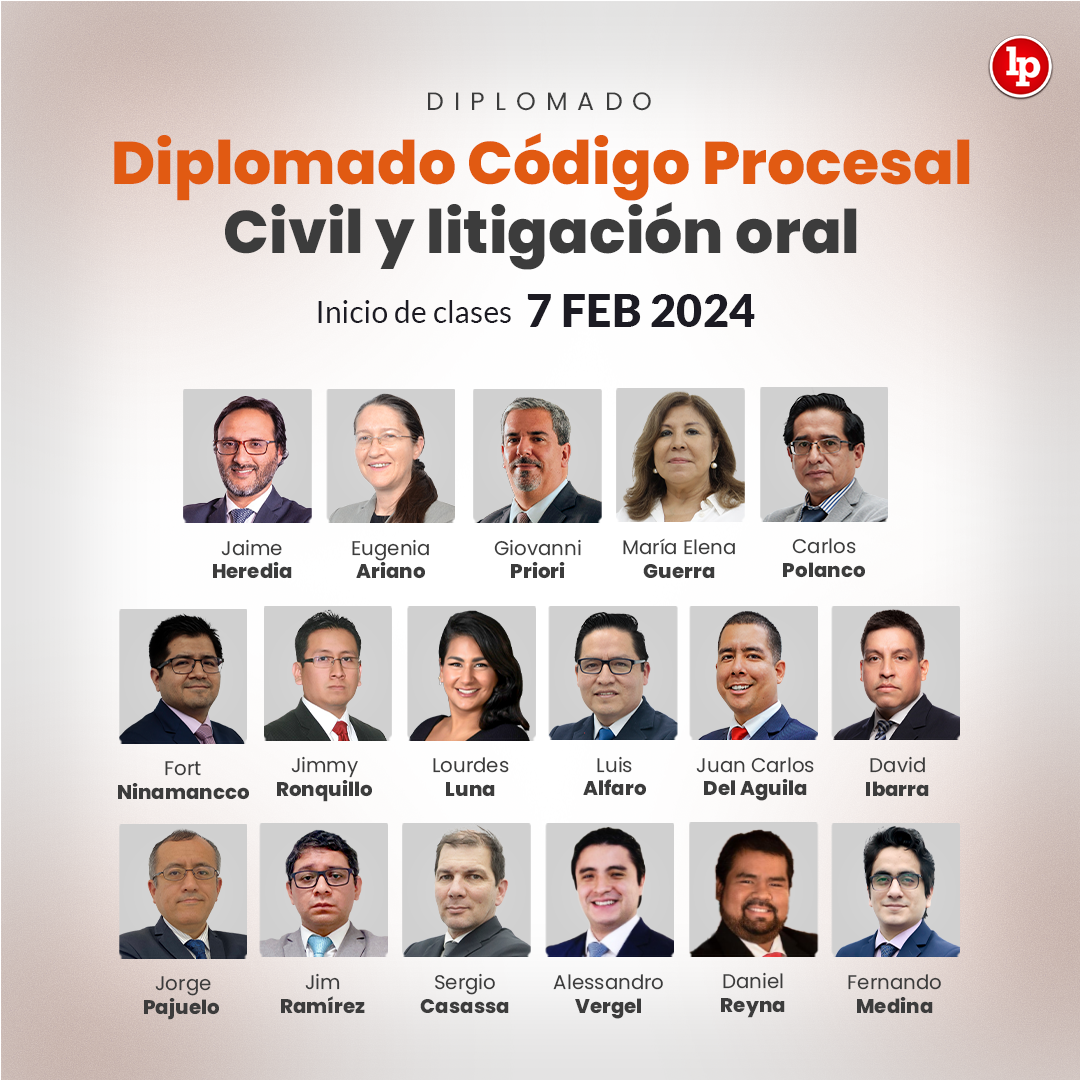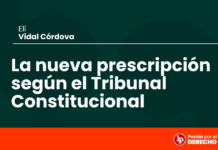Fundamento destacado: Similarly, Plaintiffs’ reliance upon the constitutional amendment at ALA. CONST. ART. I, §36.06, though raised in its filings to the trial court, is misplaced. The amendment at ART. I, §36.06 establishes an intent to protect the rights of unborn children “in all manners and measures lawful and appropriate” – a tenet of law not in dispute in this case. But, when our Legislature passed the related “Alabama Human Life Protection Act,” it included in that Act a list of related “Legislative findings” and specifically quoted ALA. CONST. ART. I, §36.06 in conjunction with the Brody Act’s definition of a “person” using the term “unborn child in utero.” ALA. CODE §26-23H-2(b) and (c) (“On November 6, 2018, electors in this state approved by a majority vote a constitutional amendment to the Constitution of Alabama of 1901 declaring and affirming the public policy of the state to recognize and support the sanctity of unborn life and the rights of unborn children. The amendment made it clear that the Constitution of Alabama of 1901 does not include a right to an abortion or require the funding of abortions using public funds. (c) In present state law, Section 13A-6-1 defines a person for homicide purposes to include an unborn child in utero at any stage of development, regardless of viability.”) Thus, 61 the Legislature in 2019, adopted, incorporated, and linked the constitutional amendment at ART. I, §36.06 with the Brody Act, which specifically uses the very “in utero” distinction Plaintiffs contend is untenable. In sum, this “in utero” distinction was not only utilized by the Legislature in the Brody Act but was later repeated in 2019 legislation intended, by its very title, as the “Human Life Protection Act,” alongside quotes from both ART. I, §36.06 and the Brody Act’s “in utero” language. Suffice it to say Plaintiffs have mis-relied upon this law and seek here to create an improper extension of legislative reach where no truly supportive legislative intent or statute exists.
Lea también: Diplomado Código Procesal Civil y litigación oral. Inicio 7 de febrero de 2024
Case No. SC-2022-0515
IN THE SUPREME COURT OF ALABAMA
STATEMENT REGARDING ORAL ARGUMENT

Respectfully, oral argument is not necessary, nor is it indicated in this case. The legal issues presented have already been decided. The trial court’s ruling followed, to the letter, the direct instructions from this Court to apply the Brody Act’s definition of who is a “person” in the context of a civil wrongful death action in order to “harmonize who is a person protected from homicide under both the Homicide Act and the Wrongful Death Act.”
Stinnett v. Kennedy, 232 So. 3d 202, 215 (Ala. 2016) (“…[I]n light of the shared purpose of the Wrongful Death Act and the Homicide Act to prevent homicide, the [Brody] amendment was an important pronouncement of public policy concerning who is a “person” protected from homicide. Thus, borrowing the definition of “person” from the criminal Homicide Act to inform as to who is protected under the civil Wrongful Death Act [makes] sense…. to harmonize who is a “person” protected from homicide under both the Homicide Act and Wrongful Death Act.”) The trial court’s holding here is in complete accord.
It applies the Legislature’s definition of “person” so that it is consistent and harmonized between the Homicide Act and the Wrongful Death Act to include unborn children “in utero” as instructed. There has been no pronouncement by the Legislature expanding this definition to include “in vitro” embryos. As the trial court recognized, any change in this law needs to come from our Legislature. Respectfully, this Court frequently rules without requiring oral argument in such a case. In fact, this Court frequently affirms without opinion in such a case involving definitive and clear precedent – both statutory and case law – which a trial court has followed unswervingly.
It is clear from Plaintiffs’ filings they seek to deflect attention away from the above-cited law and instead pressure this Court into legislating. Their Brief repeatedly emphasizes various politicians’ public statements regarding abortion and attempts to blur this case with recent law applying to active pregnancies and abortion rights.
Oral argument would no doubt be another forum through which they could attempt to confuse the issues and the public, casting this case as something it is not in an effort to tap into the political upheaval and pressure surrounding the abortion issue.
As the trial court stated in its dismissal Order, “This Court is not tasked with the responsibility to determine when life begins, as has been suggested by some. This Court’s function is to follow existing Alabama law which has been created by the legislature and follow law which has been previously interpreted by the appellate courts of this state.” (C. 351) Respectfully, when a trial court does exactly that, affirmance is indicated. It is up to the Legislature to amend the Brody Act if it wishes to extend the definition of “person” to include in vitro, cryopreserved, pre-implantation embryos. Oral argument before this Court is not the proper forum to promote such legislative change.
Continúa…]
![[VÍDEO] El control probatorio en la etapa intermedia, por Daniel Jurado Palma](https://img.lpderecho.pe/wp-content/uploads/2026/02/BANNER-GENERICO-DANIEL-JURADO-LPDERECHO-218x150.jpg)
![[VÍDEO] El derecho a la vida en la jurisprudencia de la Corte IDH](https://img.lpderecho.pe/wp-content/uploads/2026/02/BANNER-GENERICO-JHEIMY-UBILLUS-LPDERECHO-218x150.jpg)

![[VÍDEO] Humberto Abanto dictó clase en LP sobre teoría del caso: entre la rigurosidad científica y el arte de la narración](https://img.lpderecho.pe/wp-content/uploads/2026/02/BANNER-GENERICO-ABANTO-LPDERECHO1-218x150.jpg)
![TC reafirma que la desaparición forzada solo puede ser entendida como delito de carácter permanente con posterioridad a la aprobación y ratificación de la Convención Interamericana de Desaparición Forzada por el Estado peruano (2002)[Exp. 01736-2025-HC-TC] TC usura servicios financieros](https://img.lpderecho.pe/wp-content/uploads/2024/03/tribunal-constitucional-fachada-tc-LPDerecho-218x150.jpg)
![Requerimiento inspectivo no es válido si se limita a relatar hechos sin una tipificación concreta [Res. 0006-2026-Sunafil/TFL-Primera Sala]](https://img.lpderecho.pe/wp-content/uploads/2024/05/Sunafil-LPDerecho-2.png-218x150.jpg)
![Ley Soto: TC declara constitucional Ley 31751 que regula el plazo de suspensión de la prescripción penal por un año [Expediente 00013-2024-PI/TC]](https://img.lpderecho.pe/wp-content/uploads/2024/03/tribunal-constitucional-4-LPDerecho-218x150.jpg)
![Chofer que conoce la avenida y sabe que en la zona muchos peatones cruzan de forma imprudente, puede prever el ingreso del agraviado a la vía (la velocidad a la que conducía, junto a su poca prevención, generó que recién advierta la presencia del agraviado cuando este estaba a dos metros de distancia de su vehículo, por lo que su reacción fue tardía) [RN 300-2025, Lima, f. j. 22] vehículos-vehicular-carros-congestión vehicular-velocidad-colectivos-LPDerecho](https://img.lpderecho.pe/wp-content/uploads/2022/01/vehiculos-vehicular-carros-congestion-vehicular-velocidad-colectivos-LPDerecho-218x150.png)

![Ley Orgánica del Registro Nacional de Identificación y Estado Civil (Ley 26497) [actualizada 2025]](https://img.lpderecho.pe/wp-content/uploads/2025/05/Ley-organica-del-registro-nacional-de-identificacion-y-estado-civil1-LPDERECHO-218x150.jpg)





![[VÍDEO] Aplica el «ne bis in idem» en San Valentin: nadie puede ser celado dos veces por el mismo hecho](https://img.lpderecho.pe/wp-content/uploads/2023/02/aplica-principio-ne-bis-in-idem-san-valentin-LPDERECHO-218x150.png)









![Cachetear a compañero de trabajo en las instalaciones de la empresa justifica despido (mujer golpeó a su expareja aduciendo que era hostigada sexualmente por él) [Casación 10034-2023, Lima, ff. jj. 15-18]](https://img.lpderecho.pe/wp-content/uploads/2024/04/palacio-de-justicia-fachada-pj-LPDerecho-218x150.jpg)
![Tres elementos para la configuración de la competencia desleal como falta grave [Casación 7377-2023, Junín]](https://img.lpderecho.pe/wp-content/uploads/2024/04/despido-desconcierto-trabajador-laboral-LPDerecho-218x150.jpg)

![No es compatible con la Constitución que la Corte Suprema declare en abstracto (dado que un acuerdo plenario no resuelve un caso concreto) la inconstitucionalidad de una norma, pues tal atribución está reservada al TC mediante el proceso de inconstitucionalidad (caso Ley Soto) [Exp. 00013-2024-PI/TC, f. j. 96] Congruencia recursal](https://img.lpderecho.pe/wp-content/uploads/2024/03/tribunal-constitucional-3-LPDerecho-218x150.jpg)

![[Balotario notarial] Organización del notariado: distrito notarial, colegios de notarios, Junta de Decanos de los Colegios de Notarios, Consejo del Notariado](https://img.lpderecho.pe/wp-content/uploads/2025/10/ORGANIZACION-NOTARIADO-COLEGIOS-LPDERECHO-218x150.jpg)
![Declaran ilegal requisito impuesto por el MTC y la ATU para la autorización del servicio público de transporte [Resolución 0001-2026/SEL-Indecopi]](https://img.lpderecho.pe/wp-content/uploads/2025/07/indecopi-exterior-10-anos-LPDerecho-218x150.jpg)
![Indecopi declara ilegales 11 exigencias del Reglamento que regula los servicios de seguridad privada [Resolución 0156-2025/CEB-Indecopi]](https://img.lpderecho.pe/wp-content/uploads/2025/07/fachada-indecopi-10-anos-LPDerecho-218x150.jpg)

![Constitución Política del Perú [actualizada 2026]](https://img.lpderecho.pe/wp-content/uploads/2025/08/CONSTITUCION-RELEVANTE-Y-ACTUAL-LPDERECHO-218x150.jpg)
![Nuevo Código Procesal Constitucional (Ley 31307) [actualizado 2026]](https://img.lpderecho.pe/wp-content/uploads/2026/02/BANNER-CONSTI-REGLAMENTOS-3-218x150.jpg)
![Reglamento Normativo del Tribunal Constitucional [actualizado 2026]](https://img.lpderecho.pe/wp-content/uploads/2026/02/BANNER-CONSTI-REGLAMENTOS-218x150.jpg)
![Ley de Delitos Informáticos (Ley 30096) [actualizada]](https://img.lpderecho.pe/wp-content/uploads/2024/08/ley-de-delitos-informaticos-ley-30096-actualizada-LPDERECHO-218x150.jpg)
![Código Penal peruano [actualizado 2026]](https://img.lpderecho.pe/wp-content/uploads/2024/05/VENTA-CODIGO-PENAL-LPDERECHO-218x150.jpg)














![Ley Soto: TC declara constitucional Ley 31751 que regula el plazo de suspensión de la prescripción penal por un año [Expediente 00013-2024-PI/TC]](https://img.lpderecho.pe/wp-content/uploads/2024/03/tribunal-constitucional-4-LPDerecho-100x70.jpg)


![Código Penal peruano [actualizado 2026]](https://img.lpderecho.pe/wp-content/uploads/2024/05/VENTA-CODIGO-PENAL-LPDERECHO-100x70.jpg)











![Anticipo de legítima procede si hijo extramatrimonial con edad para discernir ratifica mediante escritura pública el acto celebrado a su favor [Resolución 212-2009-Sunarp-TR-T]](https://img.lpderecho.pe/wp-content/uploads/2023/12/anticipo-de-legitima-procede-si-hijo-extramatrimonial-con-edad-para-discernir-ratifica-mediante-escritura-publica-el-acto-celebrado-a-su-favor-LPDerecho-1-324x160.png)